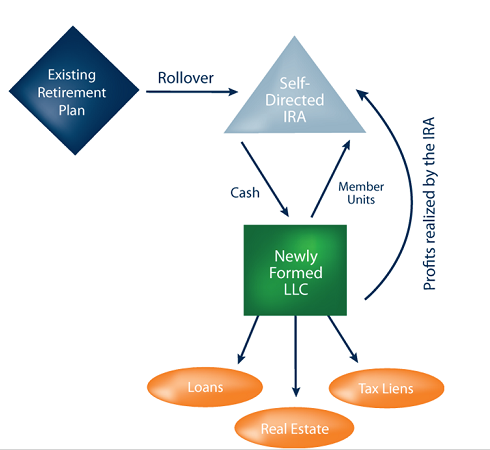Think your Property Taxes are too high?
Disagree with your local Assessor - Paying to much for Property Taxes?
It is that time of the year again when property owners get their assessments for the local assessor. If you feel the amount is too high, check out the video below and let us know if you have any questions.
If you do not wish to appeal yourself (it's an easy process) then there are attorneys I can recommend who will do this for you. The initial process with the local tax board of review is free and they will give you 10 minutes to make your case then get back to you two weeks later. If you disagree with their determination, then the appeal application to the state is free for your Home or $75 for investment property at this state level.
Check out the suggestions in the video and keep in touch.






